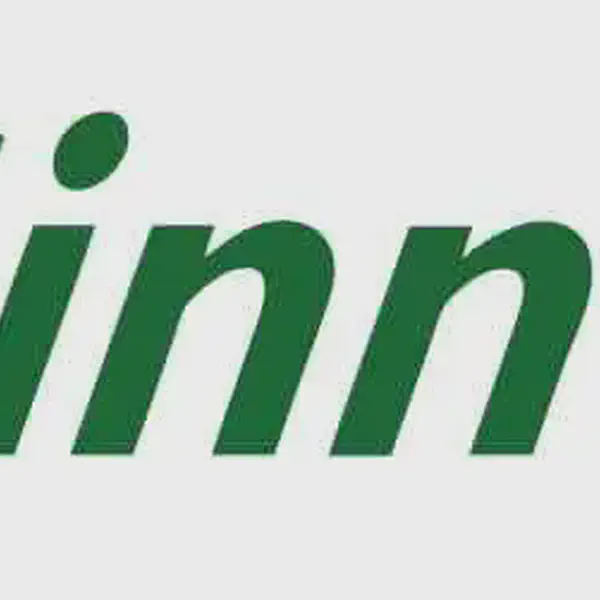
The Irish Political Party Sinn Féin Is Founded in Dublin by Arthur Griffith
November 28, 1905
Sinn Féin, an Irish republican and democratic socialist political party in both the Republic of Ireland and Northern Ireland, was founded by Arthur Griffith on November 28, 1905, in Dublin. Arthur Griffith was an Irish nationalist and journalist who played a key role in the establishment of the political party. The name “Sinn Féin” means “Ourselves” or “We Ourselves” in Irish.
Sinn Féin was founded as a political movement with the goal of achieving Irish independence from British rule. Initially, it operated as a non-violent and constitutional movement advocating for Irish self-government and cultural revival. The party aimed to promote an Irish parliament and government.
Over the years, Sinn Féin underwent significant transformations, and its association with Irish republicanism became more pronounced, particularly after the 1916 Easter Rising. The party played a prominent role in the struggle for Irish independence, and its leaders were key figures in the establishment of the Irish Free State in 1922.
The original Sinn Féin organisation was founded in 1905 by Arthur Griffith. Its members founded the revolutionary Irish Republic and its parliament, the First Dáil, and many of them were active in the Irish War of Independence, during which the party was associated with the Irish Republican Army (1919–1922). The party split before the Irish Civil War and again in its aftermath, giving rise to the two traditionally dominant parties of Irish politics: Fianna Fáil, and Cumann na nGaedheal (which became Fine Gael). For several decades the remaining Sinn Féin organisation was small and often without parliamentary representation. It continued its association with the Irish Republican Army. Another split in 1970 at the start of the Troubles led to the modern Sinn Féin party, with the other faction eventually becoming the Workers’ Party.
Sinn Féin continues to be a significant political force in Ireland, with a complex history involving both political and paramilitary dimensions. The party has evolved into a major political player in both Northern Ireland and the Republic of Ireland, participating in various political institutions and advocating for its vision of a united Ireland.